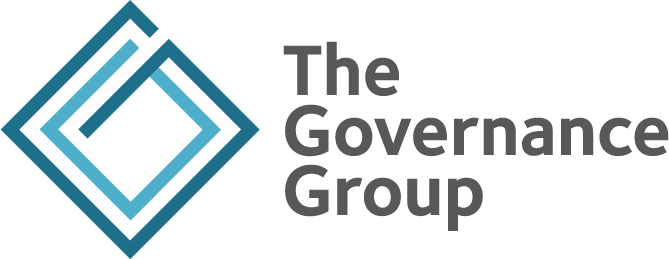Why the Agenda Matters for Good Governance
Board meetings and their respective agendas make up a vital part of governance. And if you want a good meeting, it starts by coming up with a good agenda.
But who is actually responsible for doing that?
The simple answer is the Board. The reason for this is very straightforward. It is the Board’s meeting, after all, so they get to decide what will be on their meeting agenda. Typically, this is done by approving the agenda at the beginning of the meeting. However, there are a few challenges with the process of getting to that point.
Agenda Challenge #1 – No Clear Criteria
The first issue is that the Board has not likely spent any time discussing which items are appropriate for its agenda. This is probably because they do not have a clear understanding of their roles and responsibilities as a Board. If they did, then it would be very easy to establish criteria for what is acceptable on their agenda. The criteria then serve as a screening tool for accepting or rejecting possible agenda items.
The Board exists to govern. This means doing the following:
- Providing overall guidance and direction to the organization (through the Executive
Director); - Establishing standards of organizational conduct (the rules, conditions and constraints
that are to be followed by staff); - Providing oversight and monitoring of performance and compliance;
- Protecting the interests of the organization;
- Ensuring the financial health and viability of the organization; and
- Building and maintaining a relationship with stakeholders
These six elements of governing serve as the basis for the Board’s agenda.
Agenda Challenge #2 – Overreliance on the Executive Director/CEO
The other common problem with Board agendas is the general expectation that the Executive Director or CEO will develop the agenda. The reasoning is that he/she knows what is going on and therefore is best suited to tell the Board what it needs to deal with in its meeting.
That can be an issue because what the Executive Director puts on the agenda is likely to be management or operational matters and not governance matters. As the Board should not address the day-to-day operational matters, these have no place on the Board’s agenda.
Pulling Together the Draft Agenda
Now that we’ve clarified who decides what goes on the agenda, let’s talk about who actually assembles the draft that gets circulated for review and approval.
The truth is, it doesn’t really matter who pulls the draft together – as long as the Board has already defined clear criteria for what belongs on it. Those same six elements of governance should be used as a filter for all suggested items.
In practice, this task often falls to the Chair. The Chair can call for agenda items, apply the screening criteria and develop a draft for Board member review. This process doesn’t prevent the Executive Director from contributing. They can still make suggestions, provided they meet the established criteria.
One important reminder: the Chair does not have the authority to decide what will or won’t make the final agenda. Only the Board as a whole has that authority.
Need help strengthening your Board’s governance practices? We offer practical workshops and tools to help Boards clarify roles, streamline agendas and stay focused on what matters most. Make sure to have a look at our free resources on governance best practices. For specific questions or tailored support, please feel free to get in touch with us directly.
